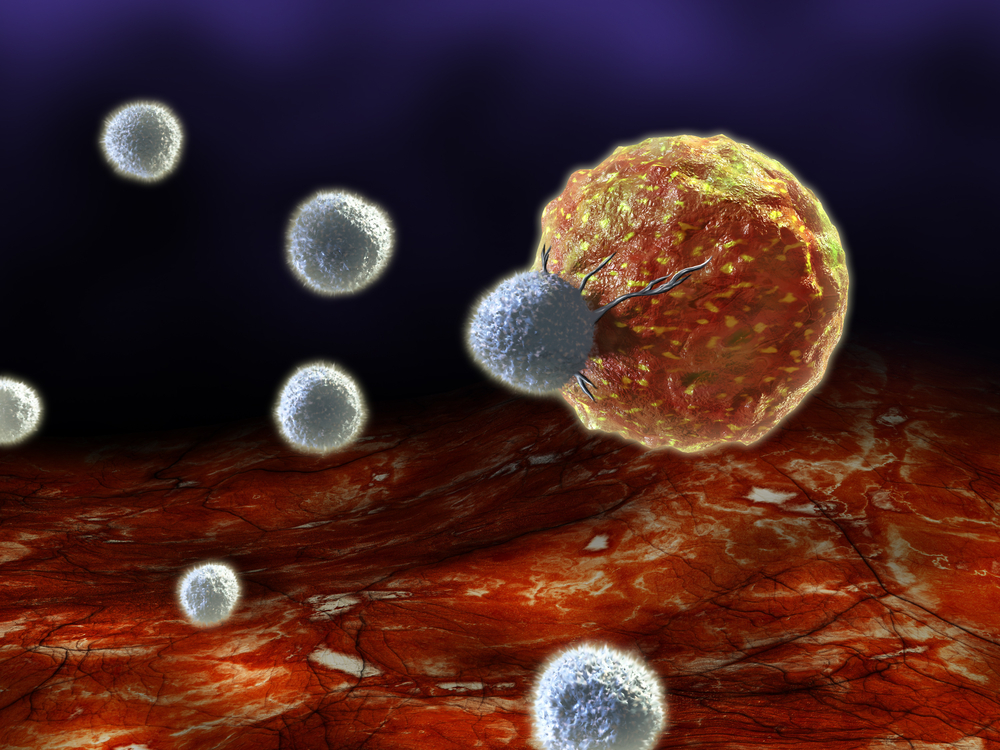Fate Therapeutics, Inc.,a biopharmaceutical company, presented preclinical anti-tumor data on ProTmune, its lead product to prevent acute graft-versus-host-disease (GvHD) and cytomegalovirus (CMV) infection in patients undergoing mobilized peripheral blood (mPB) hematopoietic cell transplantation (HCT). The results were presented during the recent BMT Tandem Meetings in Honolulu, Hawaii.
Last month, the U.S. Food and Drug Administration cleared a New Drug Application for ProTmune, and the company plans to begin enrolling patients for a randomized, controlled, multicenter, Phase 1/2 trial in adults with hematologic malignancies in mid-2016. The trial will evaluate ProTmune’s safety and tolerability, while assessing its potential to prevent acute GvHD and CMV infection.
“Acute GvHD is a leading cause of morbidity and mortality in immunocompromised patients undergoing allogeneic HCT. Therapeutic strategies aimed at addressing GvHD, including the use of systemic agents that suppress or deplete the immune system, can compromise or eliminate T cells, often leading to severe infections and disease relapse,” Scott Wolchko, president and chief executive officer of Fate Therapeutics, said in a press release. “These encouraging new preclinical data, which demonstrate that the cancer-fighting properties of ex vivo programmed donor T cells are maintained following adoptive transfer, continue to underscore the multi-dimensional therapeutic value proposition that we aim to deliver to HCT patients with ProTmune.”
ProTmune is a programmed cellular immunotherapy consisting of donor-sourced mobilized peripheral blood cells that have been functionally modulated using two small molecules (FT1050 and FT4145), enhancing the therapeutic properties of the donor cells ex vivo. The cells are then injected into patients in a single administration. The company intends to test the immunotherapy as an allogeneic hematopoietic cell source for HCT6.
Fate Therapeutics has evaluated the impact of FT1050-FT4145 modulation on the anti-tumor effector properties of donor T cells in a leukemia murine model. The data presented reveals that ex vivo programmed donor T cells have GvL activity, vital to eradicating residual cancer and recognizing the therapeutic potential of allogeneic HCT.
At the 2015 Annual Meeting of the American Society of Hematology, held in December 2015, Fate Therapeutics presented clinical data showing that the adoptive transfer of FT1050-FT4145 programmed mPB cells led to a decrease in GvHD scores and to a significant survival improvement in a murine model of allogeneic HCT, when compared to vehicle-treated cells.
The 2016 BMT Tandem Meetings, the combined annual meetings of the Center for International Blood and Marrow Transplant Research (CIBMTR) and the American Society of Blood and Marrow Transplantation (ASBMT), ran from Feb. 18 to Feb. 22.


